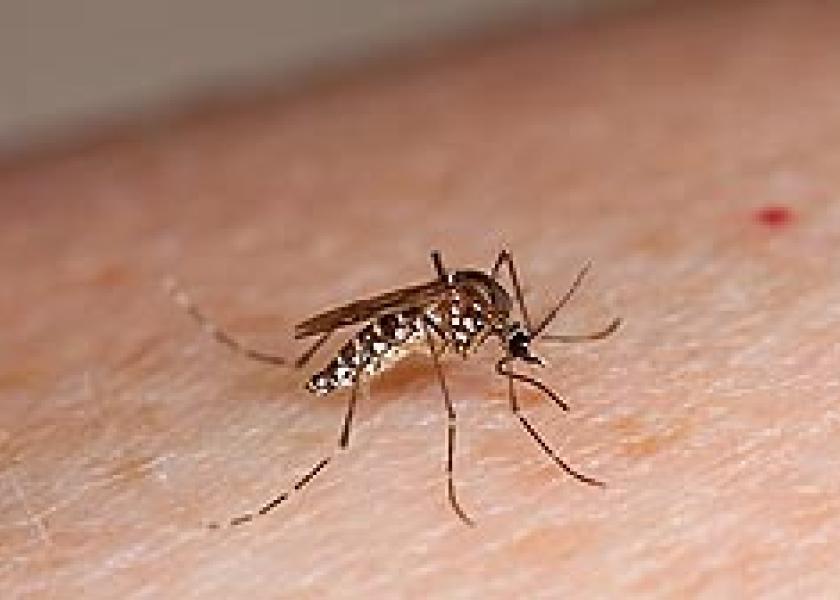Mosquitoes Show High Resistance to Common Insecticide

Florida mosquitoes that can carry Zika virus and other diseases are showing resistance to pyrethroid—a common group of insecticides used to treat them—according to a new study by USDA scientists and their collaborators.
The mosquito Aedes aegypti, the main carrier of dengue, Zika virus and yellow fever worldwide, is becoming more common in Florida. Limited Florida outbreaks of dengue in 2009-2010 and Zika in 2016 involved Ae. aegypti as the major disease carrier, according to James Becnel, an entomologist in the Mosquito and Fly Research Unit with the USDA Agricultural Research Service (ARS) Center for Medical, Agricultural, and Veterinary Entomology (CMAVE).
During public health emergencies, multiple strategies are used to control mosquitoes, including application of pesticide sprays by truck or aircraft. Understanding the magnitude of insecticide resistance is critical to an effective control program, Becnel said.
A collaborative group from USDA-ARS, the Navy Entomology Center of Excellence, Florida Department of Agriculture and Consumer Services and Florida mosquito control districts published the first statewide study measuring the scope of pyrethroid insecticide resistance in Ae. aegypti and Aedes albopictus, another local species that is a known carrier of chikungunya virus. Pyrethroid insecticide resistance is common in Ae. aegypti in many locations worldwide and can adversely affect mosquito control operations, Becnel said. However, the resistance status of Aedes in Florida has largely gone unreported until now.
The four-year study, published in PLOS Neglected Tropical Diseases, shows that resistance to permethrin—an insecticide in the pyrethroid family—was present in all 20 Ae. aegypti strains collected from around the state. Importantly, permethrin doses up to 60 times above susceptible levels were required to effectively control some resistant populations, according to Becnel. In contrast, Ae. albopictus strains collected did not show permethrin resistance.
The study found a strong correlation between the actual resistance status of adult Ae. aegypti(determined by topical application) and the mosquito genotype. This data can be used to rapidly predict pyrethroid-resistance in mosquitoes within 24 hours by detecting certain genetic mutations. This information, Becnel said, can then inform control districts as to whether they need to try other control strategies, such as using larvicides to target immature aquatic mosquito life stages before they become adults.
These findings also allow scientists and control districts to be more thoughtful in selecting effective control methods for mosquito populations that are resistant to pyrethroids. The research also emphasizes the need for resistance testing in any effective mosquito management program.
Full text of the publication can be found here.
For more on vector-borne diseases, see these articles on BovineVetOnline.com.
Anaplasmosis: Not Just the South, Not Just from Ticks
Breaking the Lyme Disease Cycle







